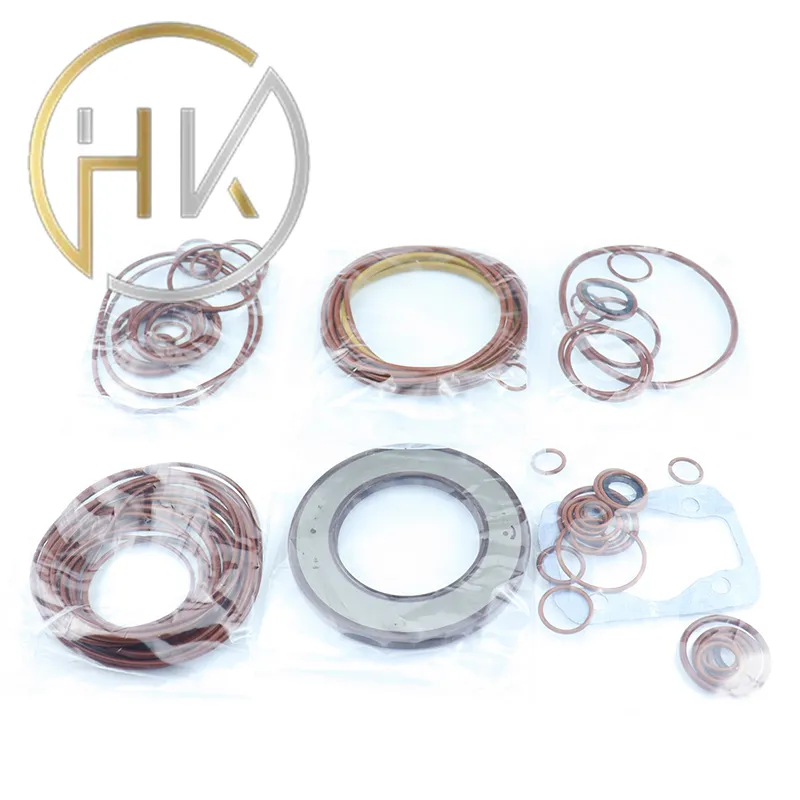ئۆكتەبىر . 21, 2024 11:38 Back to list
industrial oil seals
Understanding Industrial Oil Seals Essential Components for Machinery Efficiency
Industrial oil seals play a crucial role in the smooth operation of various machinery and equipment
. Often overlooked, these small components are integral in preventing contamination, retaining lubricants, and ensuring the longevity and reliability of mechanical systems. This article explores the significance of industrial oil seals, their types, applications, and maintenance.Oil seals, also known as lip seals, are designed to provide a barrier that prevents the leakage of fluids while keeping contaminants such as dust, dirt, and moisture out of machinery. They are typically installed in rotating shafts, making them essential in various industrial applications, including automotive, aerospace, construction, and manufacturing.
One of the most common types of oil seals is the radial lip seal, which features a flexible lip that maintains contact with the shaft. This design allows for effective sealing even under varying pressure and temperature conditions. Another type is the axial seal, which is used primarily in static applications where there is no rotational movement. Each type of seal is tailored to specific requirements based on the application’s operational demands.
industrial oil seals

The materials used in the construction of industrial oil seals are crucial to their performance. Common materials include rubber, polyurethane, and thermoplastic elastomers. These materials are selected based on their resistance to abrasion, temperature fluctuations, and chemical exposure. For instance, seals used in hydraulic systems must withstand high pressure and aggressive fluids, while those in general machinery may only require basic protection against contaminants.
Regular maintenance and timely replacement of oil seals are paramount for ensuring optimal machinery performance. A worn or damaged seal can lead to lubricant leakage, resulting in decreased efficiency, increased wear and tear, and potential machinery failures. Therefore, routine inspections should be conducted to identify signs of wear, such as visible cracks, splits, or swelling, which could indicate the need for replacement.
Furthermore, proper installation is essential to maximize the performance of oil seals. Incorrect alignment, excessive force during installation, or using incompatible seal types can lead to premature failure. Therefore, it is crucial to follow manufacturer guidelines and best practices during the installation process.
In conclusion, while industrial oil seals may be small components, their significance in maintaining the efficiency and reliability of machinery cannot be underestimated. By understanding their types, functions, and maintenance requirements, industries can ensure optimal performance and prolong the lifespan of their equipment. Emphasizing the importance of quality seals and adhering to proper practices are key steps in achieving operational excellence, ultimately leading to increased productivity and reduced downtime.
-
The Trans-formative Journey of Wheel Hub Oil Seals
NewsJun.06,2025
-
Graphene-Enhanced Oil Seals: Revolutionizing High-Pressure Oil Sealing
NewsJun.06,2025
-
Future of Hydraulic Sealing: Advanced Intelligent TCN Oil Seals
NewsJun.06,2025
-
Don’t Let a Broken TCV Oil Seal Ruin Your Day
NewsJun.06,2025
-
Bio-Inspired Dust Seals for Better Sealing Performance
NewsJun.06,2025
-
Biodegradable and Sustainable Hydraulic Seal Materials
NewsJun.06,2025
-
Top Oil Seal Solutions for Your Industrial Needs
NewsMay.22,2025
Products categories
















